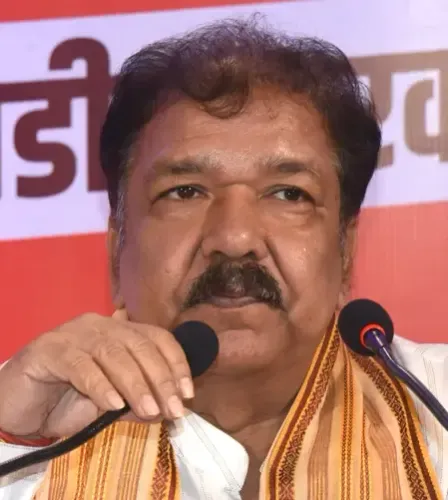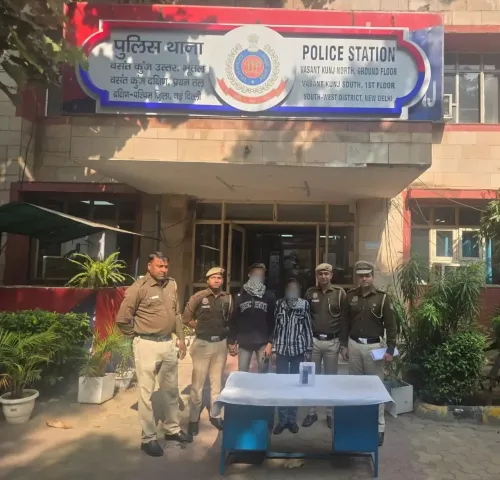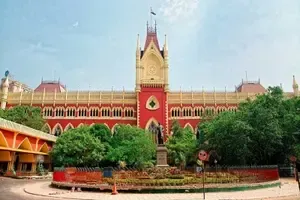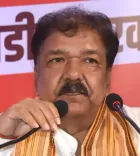How are India and Australia Strengthening Their Strategic Partnership?

Synopsis
Key Takeaways
- Penny Wong's visit signifies deepening ties between India and Australia.
- Focus on Indo-Pacific security and economic resilience.
- 26th engagement with Dr. S. Jaishankar reflects continuity in diplomacy.
- Plans for ambitious future cooperation in technology and trade.
- Aim to reach $100 billion in trade by 2030.
New Delhi, Nov 19 (NationPress) Australia's Foreign Minister Penny Wong is set to visit India on Wednesday to participate in the 16th Australia-India Foreign Ministers’ Framework Dialogue, symbolizing yet another significant milestone in the rapidly evolving strategic partnership between the two nations.
This visit underscores the increasing momentum in bilateral relations under the Comprehensive Strategic Partnership, as both countries grow closer on issues concerning Indo-Pacific security, technological collaboration, and economic resilience.
As per a statement from the Australian Embassy, this meeting will be her 26th interaction with India’s External Affairs Minister, Dr. S. Jaishankar, showcasing the profound and ongoing diplomatic engagement.
Describing the relationship as “closer than ever”, Wong emphasized that this partnership is “vital for us and crucial for our region in a more competitive global landscape.” Her comments highlight shared apprehensions regarding regional security, strategic equilibrium, and the importance of upholding a stable, rules-based order in the Indo-Pacific.
During the Framework Dialogue, both ministers are anticipated to delineate the subsequent phase of cooperation, enhancing joint efforts in cybersecurity, strategic technologies, maritime safety, defense, trade, and people-to-people interactions. Wong expressed her eagerness to chart a path for an “even more ambitious and future-oriented agenda” with her Indian counterpart.
Earlier this month, Commerce and Industry Minister Piyush Goyal met with Australian Trade and Tourism Minister Don Farrell and Skills and Training Minister Andrew J. Giles in Melbourne to discuss measures to bolster economic connections between India and Australia.
“Our productive discussions concentrated on unlocking the complete potential of the India-Australia economic partnership, particularly through a robust and balanced Comprehensive Economic Cooperation Agreement,” he noted on X.
The trade relationship between India and Australia remains strong and is expected to strengthen further with the implementation of the Economic Cooperation and Trade Agreement (ECTA) in 2022.
India's primary exports to Australia include petroleum products, engineering goods, and pharmaceuticals, while Australia's key exports to India consist of coal, gold, and copper. Both nations are striving to enhance economic relations and aim for $100 billion in trade by 2030.









